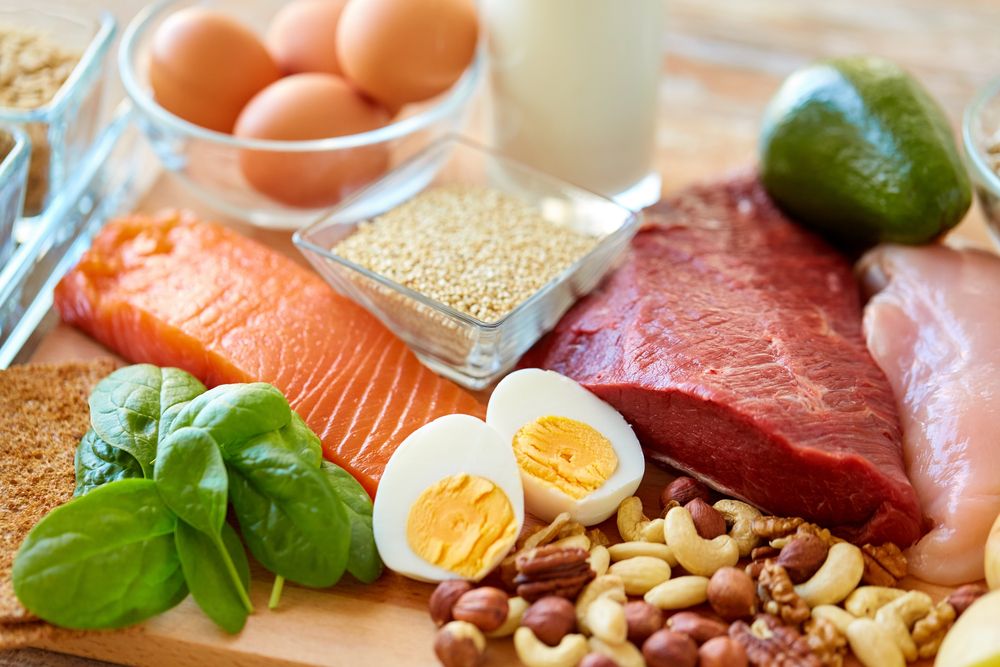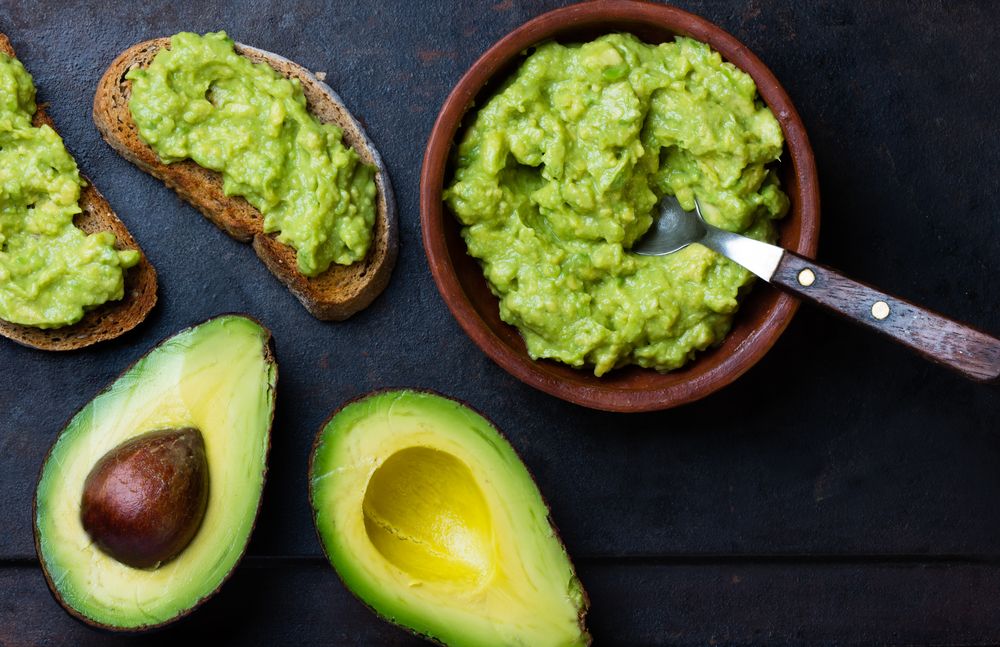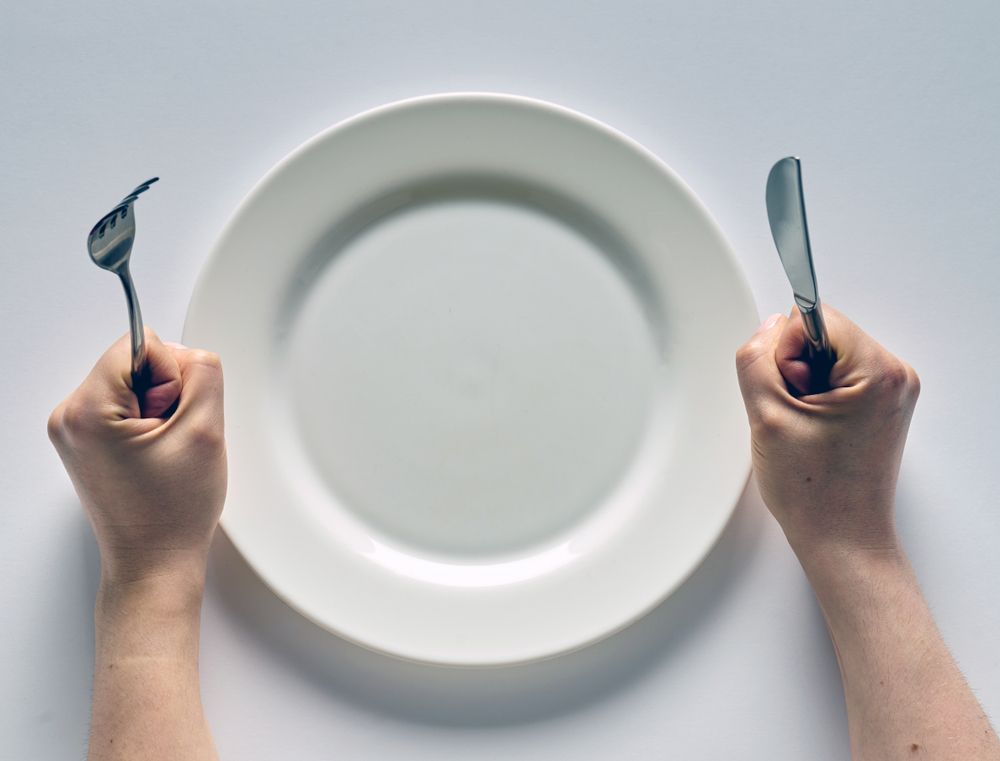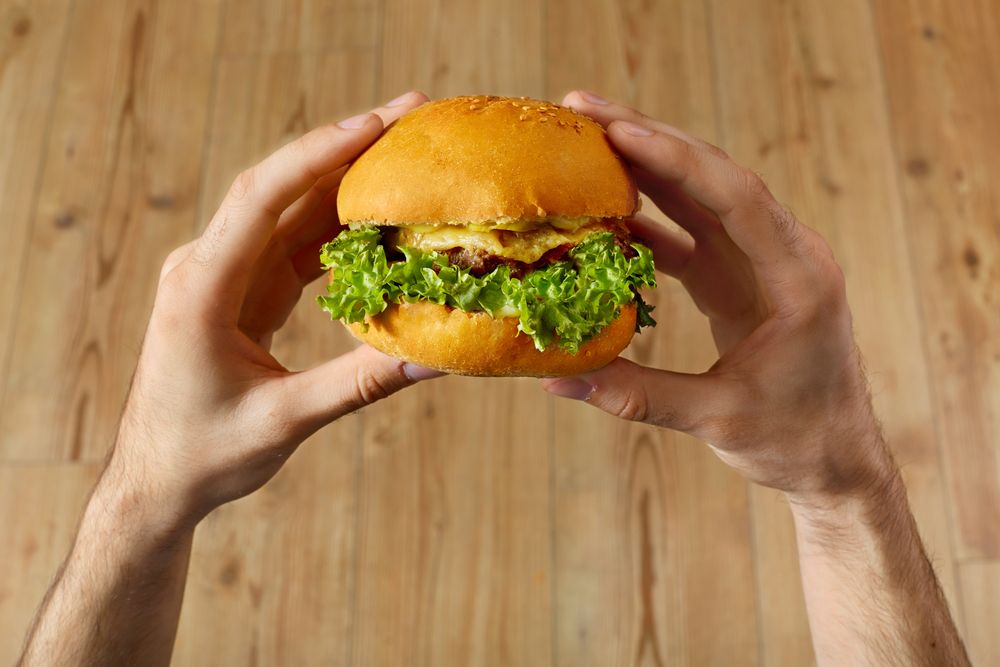Struggling to shed stubborn belly fat? It may be time to scrutinize your daily habits. Everything from your dietary choices to your sleep patterns could be contributing to the retention of unwanted belly fat. If you're perplexed about the challenges of trimming your waistline, ETNT is here to help. We've consulted with nutrition experts who have identified the top 10 worst habits for belly fat. Plus, we'll provide insights on how you can make changes to achieve a slimmer and healthier midsection.
Your daily habits play a significant role in weight loss as they impact your calorie consumption, energy expenditure, and metabolism. For those grappling with belly fat, focusing on cultivating healthy daily habits can pave the way for a sustainable lifestyle that supports weight loss and overall well-being. If you're ready to take on that stubborn belly fat, read on to discover the 10 worst habits for belly fat, as outlined by experts.
1) Distracted eating

When we eat while multitasking, like watching TV or working, it can lead to mindless eating and overconsumption of calories. This habit can also make it difficult for us to realize when we are full.
According to Destini Moody, RDN, CSSD, LD, a registered dietitian and sports dietitian at Garage Gym Reviews, in one study, people who ate while engaged in activities such as watching TV or walking consumed five times more calories than those who ate without distractions. When we are not fully present while eating, our brain may not signal to our stomach that we are satisfied because our attention is elsewhere. This can lead to overeating, contributing to an increase in belly fat.
2) Not getting enough protein

Protein plays a crucial role in the construction and repair of tissues, particularly muscles. Inadequate protein intake can result in muscle loss, which studies indicate may decelerate metabolism and impede efforts to reduce abdominal fat.
Destini Moody elaborates, "Protein-rich snacks are superior in prolonging satiety until your next meal since protein promotes a feeling of fullness. Options such as string cheese, Greek yogurt, hard-boiled eggs, and beef jerky can satisfy hunger more quickly, leading to consuming fewer snack calories and reducing the likelihood of overeating throughout the day."
3) Not drinking enough water

Failure to consume an adequate amount of water can result in dehydration, which can hinder one's ability to maintain activity levels and burn calories efficiently.
Moody explains, "Research indicates that we often misinterpret thirst as hunger. Consequently, we may consume snacks or meals in excess when all our body truly requires is hydration. Maintaining proper hydration levels can mitigate premature feelings of hunger and the consumption of excessive calories."
4) Overconsuming calories from healthy foods

Consuming excessive amounts of food, even those deemed healthy, can result in weight gain. This underscores the importance of practicing portion control for achieving healthy weight loss.
"Nutrients, antioxidants, and heart-healthy unsaturated fats are abundant in nuts, seeds, and avocados, rendering them valuable components of a balanced diet. Nonetheless, the drawback lies in their calorie density, as these foods can contribute to high caloric intake despite their small volume," explains Moody.
5) Skipping meals

Skipping meals, particularly breakfast, can result in excessive eating later in the day.
"The risk associated with consistently skipping breakfast is that the body's hunger hormones tend to overcompensate for the missed meals by promoting increased intake later in the day," Moody explains. "If you've ever skipped breakfast and felt intense hunger later in the afternoon, you've likely encountered this phenomenon."
6) Not sleeping enough

A review conducted in 2022 found that insufficient sleep can disrupt the body's hunger hormones, leading to an increase in appetite and cravings for unhealthy foods.
"Insufficient sleep has the potential to disrupt various body systems, potentially hindering fat loss," explains Mike Masi, CPT, a certified personal trainer at Garage Gym Reviews. "Sleep deprivation can negatively impact the endocrine system by disturbing the equilibrium of hunger-regulating hormones, such as ghrelin and leptin. Ghrelin, responsible for signaling hunger to the brain, tends to rise with sleep deprivation, while leptin, which signals satiety, decreases. This hormonal imbalance can heighten appetite and cravings, making it more challenging to maintain the calorie deficit necessary for fat loss."
7) Drinking too much alcohol

Alcohol poses a significant threat to maintaining a healthy waistline due to its high calorie content (seven calories per gram) and potential for weight gain when consumed excessively.
"Drinking alcohol, particularly in the evening, can disturb sleep patterns and diminish sleep quality, resulting in weight gain," explains Masi. "Additionally, alcohol acts as a diuretic, contributing to dehydration. This dehydration can impair exercise performance, hinder recovery, and lower metabolic rate, thereby complicating fat loss efforts."
8) Not paying attention to N.E.A.T.

N.E.A.T. (Non-exercise activity thermogenesis) refers to the number of calories we burn during our daily activities, such as walking, standing, and carrying groceries. Ignoring our N.E.A.T. can lead to a sedentary lifestyle and accumulation of belly fat.
According to Masi, when we start eating less or exercising more, our body subconsciously tries to compensate by expending less energy throughout the day. This results in less weight loss potential. To tackle this, one effective way is to wear a pedometer that can track daily steps and ensure that we remain active throughout the day, burning more calories in the process.
9) Neglecting strength training

As per the National Institute on Aging, strength training plays a vital role in increasing muscle mass, which in turn can elevate your metabolism and enhance calorie burning even during periods of rest.
"Strength training is highly efficient in promoting muscle growth, and muscle tissue is more metabolically active compared to other tissues in the body," elucidates Masi. "This implies that having greater muscle mass raises your basal metabolic rate, necessitating more calories to maintain your weight. Consequently, integrating strength training into your routine can lead to long-term improvements in body composition."
10) Unstructured eating

Creating and organizing nutritious meals ahead of time is consistently a wise choice.
"If you encounter situations where hunger strikes and you lack a readily available meal, you're more inclined to opt for unhealthy options merely due to their quick and convenient nature," Masi advises. "By planning your meals, you eliminate the possibility of making poor dietary choices. This proactive approach not only aids in weight loss but also grants you complete control over the quality and quantity of food you consume."

